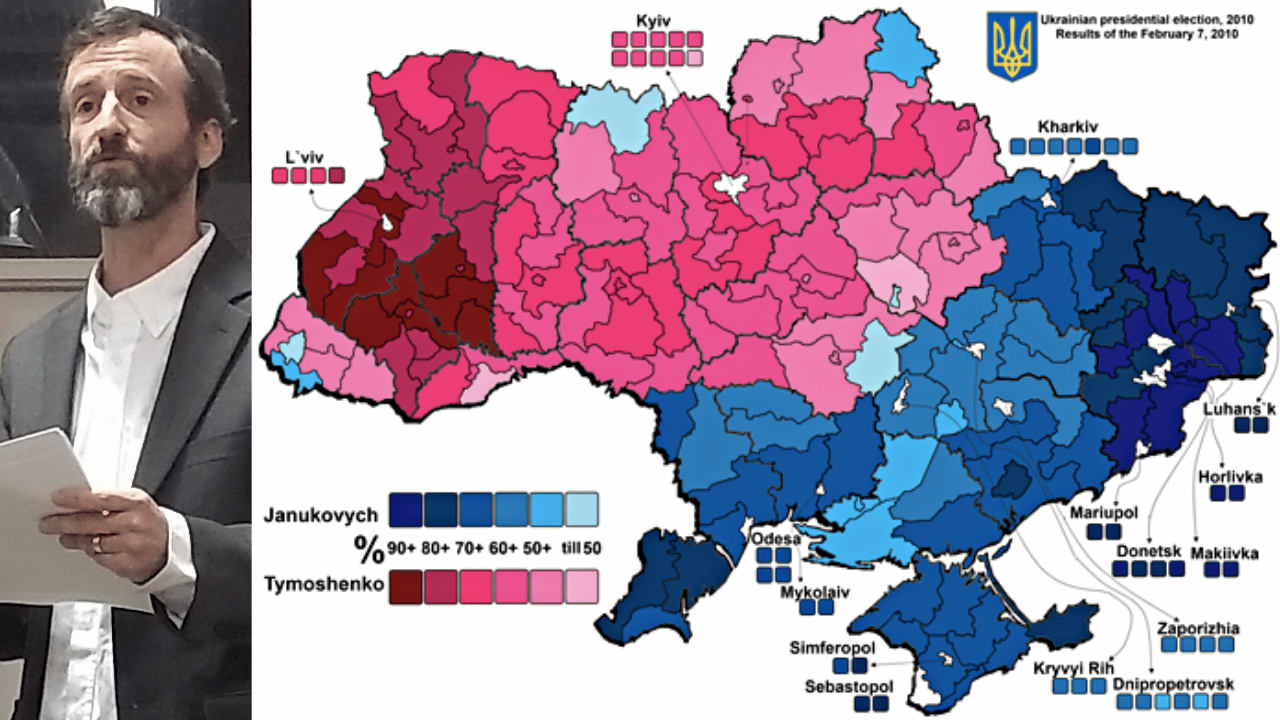Are you familiar with the current CIA director William Burns? In 2008, he was ambassador to Russia. In January of that year, he meant with Russian foreign minister Sergey Lavrov, and then wrote a memo for Secretary of State Condoleezza Rice back home entitled “Nyet Means Nyet.”
Julian Assange sacrificed his liberty to the darkest dungeons of the Empire to bring us this information.
In the memo, Burns wrote:
During his annual review of Russia’s foreign policy January 22-23, Foreign Minister Lavrov stressed that Russia had to view continued eastward expansion of NATO, particularly to Ukraine and Georgia, as a potential military threat. While Russia might believe statements from the West that NATO was not directed against Russia, when one looked at recent military activities in NATO countries (establishment of U.S. forward operating locations, etc.) they had to be evaluated not by stated intentions but by potential. Lavrov stressed that maintaining Russia’s “sphere of influence” in the neighborhood was anachronistic, and acknowledged that the U.S. and Europe had “legitimate interests” in the region. But, he argued, while countries were free to make their own decisions about their security and which political-military structures to join, they needed to keep in mind the impact on their neighbors. … “Ukraine and Georgia’s NATO aspirations not only touch a raw nerve in Russia, they engender serious concerns about the consequences for stability in the region. Not only does Russia perceive encirclement, and efforts to undermine Russia’s influence in the region, but it also fears unpredictable and uncontrolled consequences which would seriously affect Russian security interests. Experts tell us that Russia is particularly worried that the strong divisions in Ukraine over NATO membership, with much of the ethnic-Russian community against membership, could lead to a major split, involving violence or at worst, civil war. In that eventuality, Russia would have to decide whether to intervene; a decision Russia does not want to have to face.
Burns further elaborated in his memoir, The Back Channel, that he had noted as far back as 1995 that, “Hostility to early NATO expansion is almost universally felt across the domestic political spectrum here.” In another memo to Secretary of State Condoleezza Rice in 2008, he wrote that, “Ukrainian entry into NATO is the brightest of all redlines for the Russian elite (not just Putin)…”
– Scott Horton, The History Behind the Russia-Ukraine War
Podcast: Play in new window | Download








